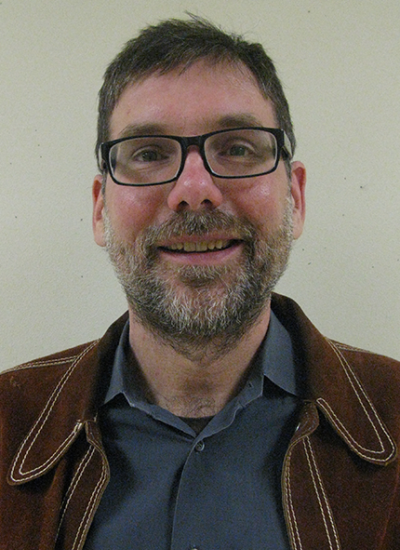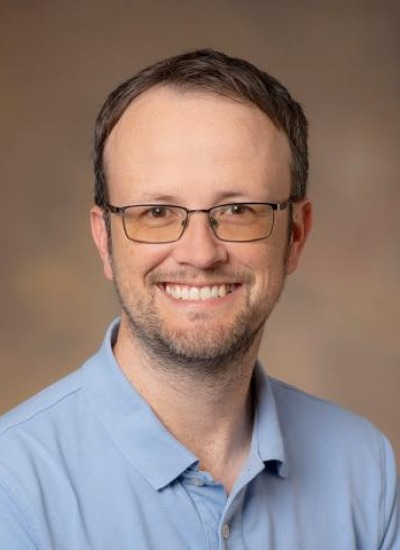Molecular biology
Associate Professor, Chemistry and Biochemistry-Sci
Associate Professor, BIO5 Institute
Primary Department
Department Affiliations
Contact
(520) 626-1175
Minying Cai
Research Professor
Research Professor, BIO5 Institute
Member of the General Faculty
Member of the Graduate Faculty
Primary Department
Department Affiliations
Contact
(520) 621-8617
Work Summary
Peptides and proteins play a vital role in almost every cellular process in living organisms. Our research discovers and determines structural information on peptides and proteins to design drugs to more effectively treat human disease.
Research Interest
Ross Buchan
Associate Professor, Molecular and Cellular Biology
Associate Professor, Cancer Biology - GIDP
Associate Professor, BIO5 Institute
Member of the General Faculty
Member of the Graduate Faculty
Primary Department
Department Affiliations
Contact
(520) 626-1881
Work Summary
The Buchan lab studies how cells regulate gene expression at the level of cytoplasmic messenger RNA (mRNA), the templates of protein synthesis. Areas of particular interest include mRNA-protein bodies called stress granules and P-bodies, which regulate mRNA function, cell signaling, and are implicated in the pathology of viral replication, various cancers and neurodegenerative diseases such as ALS.
Research Interest
Craig A Aspinwall
Department Head, Chemistry & Biochemistry - Sci
Professor, Chemistry and Biochemistry-Sci
Professor, Chemistry and Biochemistry - Med
Professor, Biomedical Engineering
Professor, BIO5 Institute
Member of the General Faculty
Member of the Graduate Faculty
Primary Department
Department Affiliations
Contact
(520) 621-6338
Research Interest
Parker B Antin
Associate Dean, Research-Agriculture and Life Sciences
Associate Vice President for Research, Agriculture - Life and Veterinary Sciences / Cooperative Extension
Professor, Cellular and Molecular Medicine
Professor, Molecular and Cellular Biology
Professor, BIO5 Institute
Primary Department
Department Affiliations
Contact
(520) 621-5242
Research Interest
Pagination
- Previous page
- Page 3






